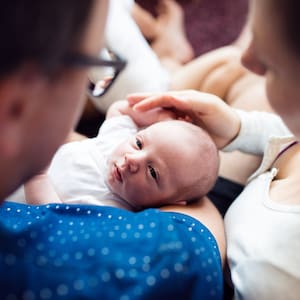For parents of donor-conceived children, it’s the trickiest question: when do you tell them? As officials prepare for the first information requests from young people about their donor biological parents, a team of University of Auckland researchers are asking their own questions in a new nationwide survey. An estimated 50 to 70 Kiwis turning 18 from August are about to become the first cohort legally allowed to seek details about their donor parent from Births, Deaths and Marriages. Since the Human Assisted Reproductive Technologies (Hart) register began collecting information nearly two decades ago, more than 3000 donor-conceived people have been born.
“There are only really two ways to find out that you are donor-conceived,” said Cindy Farquhar a professor of medical obstetrics and gynaecology, who serves as clinical director at Fertility Plus. “One is your parents tell you - and the second is to do genetic testing.” When clinics helped people become pregnant using donor gametes - sperm, or donor eggs or embryos – they routinely offered counselling services, which included advice around children’s legal rights to information.

“The advice is always to tell the children, from an early age, that they have a biological parent through donor conception,” Farquhar said. Yet it wasn’t clear just how many parents had done so – clinics typically lose touch with them after the first year of birth – so Farquhar and her colleagues have begun a survey to shed mor.























